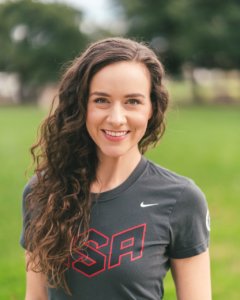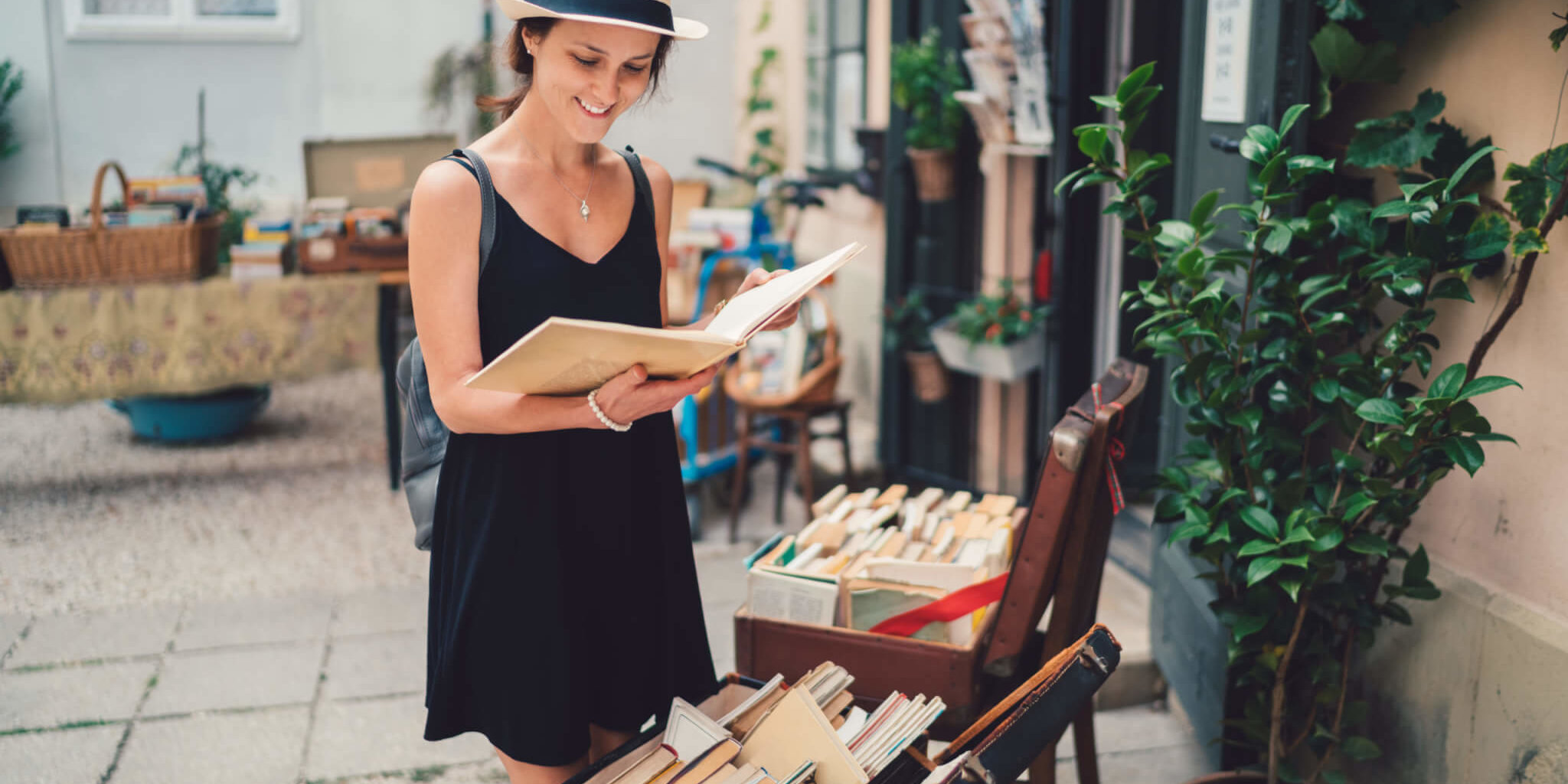Conscious consumption is an important ideal that means consuming goods with more awareness of how your consumption impacts people and the world. This can come in many forms, like shopping sustainably, choosing to support specific companies with green or sustainable business practices, daily lifestyle habits, and many more. The journey to be a conscious consumer is lifelong, and it is more than important; it is essential for our world to survive. To start or continue on this essential path, we all must first understand our personal impact on our world.
Understanding Your Impact
The term carbon footprint refers to the amount of greenhouse gas, specifically carbon dioxide, emitted from our activities. To understand your own carbon footprint, the EPA’s Carbon Footprint Calculator and The Nature Conservancy Carbon Calculator are great tools to help you measure your current impact and see how you can improve. It is very motivating to learn how we impact our world and what we can do about it.
Making a Difference
Choose conscious companies. Being sustainable, getting to carbon neutral, going green are all great goals, but how do we measure a company’s impact? To provide a key process and actionable steps a company can take, B Labs created the B Impact Assessment to score impact across business operations. Companies can also become B Corporations, meaning that they have passed these rigorous standards to prove sustainable business practices. Also, choosing to support companies that use buildings that are LEED (Leadership in Energy and Environmental Design) certified is another opportunity to support these initiatives.
Your Daily Impact
Shop secondhand. When you can, choose textile products made of high-quality materials and purchase them secondhand. This gives those items a second life and, in turn, reduces overall waste.
General rule of thumb: If it isn’t broken, don’t fix it and if it is broken, don’t replace it—fix it instead. Replacing working models with a newer version is a way we are significantly increasing our waste, especially electronic waste. When possible, hold onto your current electronic model. If it has to go, then make sure you recycle it. There are many local electronic recycling programs and national companies that offer an easy way to do just that.
Opt for fair trade-certified products. These products have been shown to meet rigorous social, environmental, and economic standards. This seal means that these products support safe working conditions, environmental protection, sustainable livelihoods, and community development funds.
Choose to use only reusable containers. Use reusable water bottles, and consider upcycling any one-use containers to give them a second life or, even better, make them reusable. Recycle, reuse, and upcyle.
Less is more. The minimalist lifestyle is all about simplifying your life to have the space, time, and resources to appreciate what matters most to you. Though the most complete version of this lifestyle may not be for everyone, I do believe we can all take a lesson or two and apply it to our lives. The best advice I have received from a minimalist is to take a few moments before making any purchase and ask yourself, “How will this product serve my goals and my life?” And, “Will this be taking away the clutter that clogs my vision or my goals or will it be adding clutter and distraction from my vision or goals?”
Reduce packaging. Items we purchase that come with layers of packaging place a significant burden on our sustainability. Instead, choose items with little or no packaging. A great place to start is with food. Did you know that food you buy at the grocery store that comes with a lot of packaging is typically more unhealthy? So for your health and the environment, fill your cart with whole foods like produce and other items with minimal packaging.
And finally, my favorite, turn your kitchen into a zero waste kitchen. There are so many parts of our fruits and vegetables that we discard though they could be used in a different recipe. Check out my article on Zero Waste Cooking—it is easier than you may think. And when you do have scraps that aren’t edible, compost them to become your garden’s nutrients.
Join me and let’s all take this essential journey to become conscious consumers together.
 Sarah is the Shaklee Pure Performance Team dietitian/nutritionist. She is also a two-time competitor for the USA in the Summer Games, participating in the 10-meter Air Rifle event in 2012 and 2016. Her experience as an elite athlete and her status as a Registered Dietitian Nutritionist (RDN) and Licensed Nutritionist (LN), make her perfectly suited to consult with Shaklee athletes on their nutritional needs. Sarah graduated from Texas Christian University in Fort Worth, Texas with a BS in Nutrition in 2013, and then earned an MBA in Entrepreneurship and Healthcare Management. She specializes in weight loss, improved sport performance, diabetes prevention, heart health, healthy aging, smoking cessation, and performance goals. Her hobbies include church ministries, mountaineering, physical fitness, and gardening.
Sarah is the Shaklee Pure Performance Team dietitian/nutritionist. She is also a two-time competitor for the USA in the Summer Games, participating in the 10-meter Air Rifle event in 2012 and 2016. Her experience as an elite athlete and her status as a Registered Dietitian Nutritionist (RDN) and Licensed Nutritionist (LN), make her perfectly suited to consult with Shaklee athletes on their nutritional needs. Sarah graduated from Texas Christian University in Fort Worth, Texas with a BS in Nutrition in 2013, and then earned an MBA in Entrepreneurship and Healthcare Management. She specializes in weight loss, improved sport performance, diabetes prevention, heart health, healthy aging, smoking cessation, and performance goals. Her hobbies include church ministries, mountaineering, physical fitness, and gardening.






